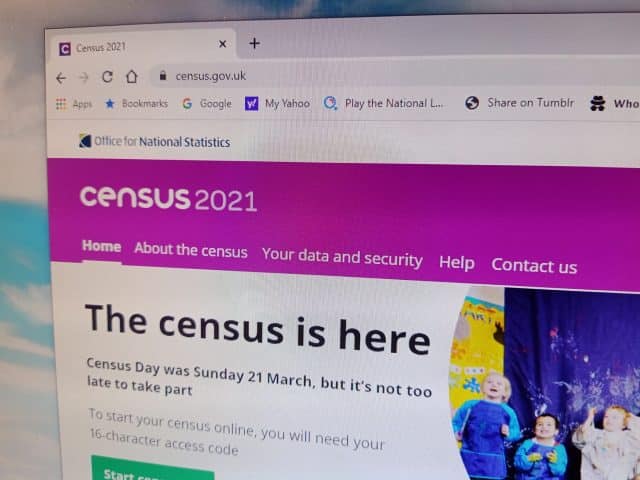Digital first census raises security concerns

This year for the first time the UK's ten yearly census -- used to collect information to determine future government policy and spending -- is 'digital first' with people encouraged to fill in their returns online rather than use a paper form.
But research conducted by YouGov for security analytics and automation company Exabeam finds that many people are worried about how the data will be stored and used.
The survey of more than 1,700 adults shows that 48 percent feel they're not well informed about how the Government will use their personal information. This rises to 61 percent when asked how informed they feel about storage of that data.
"The Census represents a huge effort to compile and store personal data, including sensitive issues such as gender, sexual orientation and some health data," says Samantha Humphries, head of security strategy EMEA at Exabeam. "As such, it is a vital tool for future national government strategy planning, but also a potential gold mine for would-be attackers and therefore a major security and privacy risk."
Over a quarter of respondents (26 percent) are concerned about how the census data will be used, rising to 35 percent concerned when asked about how data will be stored (10 percent are very concerned about how it is stored).
In addition, 25 percent of respondents are worried that the data provided could be used to track their location during COVID-19 lockdown. A greater number (37 percent) are not confident in the government's ability to keep their data safe from cyber criminals, and 41 percent think there is a risk that their personal data will be stolen in a nation-state cyber-attack.
"While in many cases, respondents expressed confidence and a lack of concern, this survey highlights a real problem of awareness in how the Government stores and uses census data, as well as concerns from a significant proportion of the public around their ability to protect it. People need to have full confidence in the process and that work doesn't stop when people have clicked 'submit' on their Census response," concludes Humphries.
